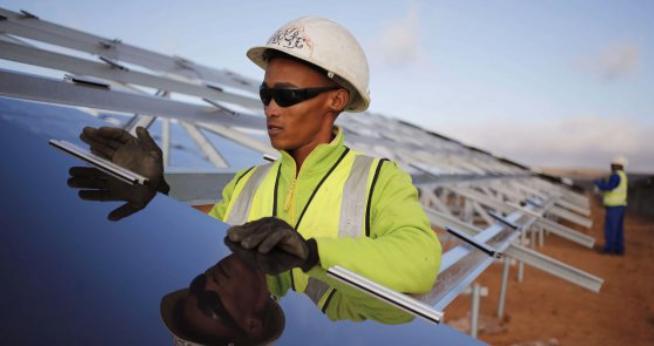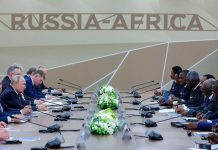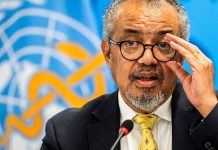Africa-Press – Mauritius. We publish a right of reply from the World Bank Press Secretary David Theis, who responds to an article by our Editor-in-Chief Patrick Smith. The piece accused global finance of failing badly “in these frenetic times of climate crisis, pandemics and galloping authoritarianism”, and called for a progressive levy on the 28bn tonnes of carbon dioxide emitted by rich and middle-income countries each year.
Your piece by Patrick Smith [“Global finance in Africa falls short” 8 Feb 2022] is simply wrong about the World Bank Group’s work on the pandemic, climate, and debt.
Since the beginning of the COVID-19 crisis, we have taken broad, fast action to help developing countries strengthen their pandemic response, increase disease surveillance, improve public health interventions, and help the private sector continue to operate and sustain jobs.
During this period, World Bank lending to the African continent has averaged more than a third of our total portfolio for 2020-2021, reaching a total of $57 billion in commitments.
In 2021, lending to Africa rose to almost 50% of our total — a record $30 billion. This scale up in commitments represents a much larger share of financing than all other multilateral organizations combined.
The surge in financing reflects significant World Bank commitments in Francophone Africa, the Horn of Africa and the Sahel. In 2021, IDA support to Francophone Africa totaled $10.5 billion, representing a nearly 60% increase from pre-COVID levels.
In the Horn of Africa, IDA support reached $3.3 billion in 2021, up from $1 billion in 2019. In the Sahel, IDA committed $2.3 billion in 2021, rising from the $1 billion annual average prior to the crisis.
On climate, the World Bank Group is the biggest multilateral funder of climate investments in developing countries, delivering over $109 billion in climate finance between 2016 and 2021.
In 2021 alone, the Bank provided a record-breaking $21.2 billion for climate, with $8.3 billion of this financing helping countries in Africa mitigate and adapt to a changing climate. And we intend to go further.
Under our Climate Change Action Plan, we have committed to providing $25 billion on average in annual financing between FY21-25, for initiatives that lower GHG emissions and foster adaptation while reducing poverty and inequality and improving development outcomes.
Regarding debt relief, the World Bank was one of the first global institutions to raise concerns about rising levels of debt in the poorest countries, warning more than a year before the arrival of COVID-19 that debt levels were becoming unsustainable.
Under President Malpass, the Bank played a critical role in helping the G20 establish the Debt Service Suspension Initiative (DSSI) and the Common Framework for Debt Treatments beyond the DSSI.
Once the DSSI was established in May 2020, we advocated for several extensions until the initiative finally expired at the end of 2021. From April 2020 through December 2021, The World Bank committed $44.4 billion in financing for countries participating in DSSI—of which $16.1 billion was in the form of grants. We have already disbursed $27.2 billion—including $7.6 billion in grants—to these countries.
For More News And Analysis About Mauritius Follow Africa-Press







